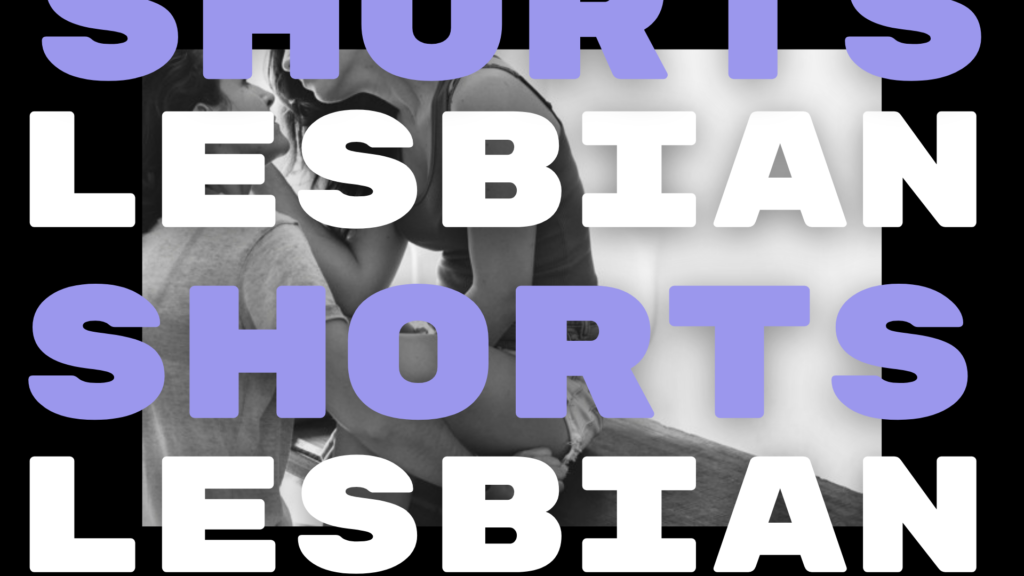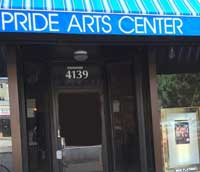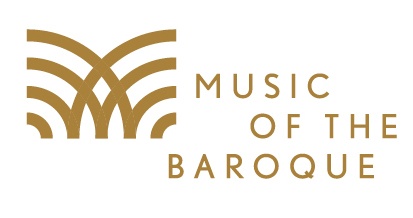
 [rating=3] In “Lesbian Shorts”, five short stories about lesbians comprise very basic human tales that all people can relate to, irrespective of one’s sexual identity or preference. Each vignette consists of a conversation between two women where one or both are undergoing some very real dilemma related to some aspect of lesbian life, such as harassment, discrimination, or expectations for behavior. Yet all these stories, taken as a whole, ultimately deal with the composition of relationships, having to do with some aspect of love, friendship, and intimacy and how these may affect one’s sense of self and dealings with others. The cast of Shellie DiSalvo, Katherine Dalin, Kristen McCabe, and Jasmine Robertson provides us with a glimpse into lesbian concerns as they perform in ten separate roles on the virtual stage via Zoom. Produced by PrideArts and directed by Amber Mandley, the show asks the broader question: Where is the boundary line between being an authentic person versus playing an established role that the larger society has proscribed?
[rating=3] In “Lesbian Shorts”, five short stories about lesbians comprise very basic human tales that all people can relate to, irrespective of one’s sexual identity or preference. Each vignette consists of a conversation between two women where one or both are undergoing some very real dilemma related to some aspect of lesbian life, such as harassment, discrimination, or expectations for behavior. Yet all these stories, taken as a whole, ultimately deal with the composition of relationships, having to do with some aspect of love, friendship, and intimacy and how these may affect one’s sense of self and dealings with others. The cast of Shellie DiSalvo, Katherine Dalin, Kristen McCabe, and Jasmine Robertson provides us with a glimpse into lesbian concerns as they perform in ten separate roles on the virtual stage via Zoom. Produced by PrideArts and directed by Amber Mandley, the show asks the broader question: Where is the boundary line between being an authentic person versus playing an established role that the larger society has proscribed?
While each short story is meaningful, some are better than others, with snappier dialogue and more intriguing and complex themes. But what they all do well is get to the heart of the relationship very quickly and expose whatever source of tension is problematic to one or both characters.
Striking out independently and defying the norms of the mainstream culture has been a tried-and-true theme of American literature. In “Bea and May” by Edwin Sánchez, we witness the conflict between doing what is conventional versus following one’s heart—with the added twist of lesbianism. Bea, who is a fifty-year-old “old flame” confronts the thirty-year-old May as to why she wants to go through with her wedding (to a man). Bea’s conversation with May just prior to her walking down the aisle reawakens old feelings, as issues surrounding gender and identity add to the gravity of choosing who to eventually marry. What is evident is the couple’s affection for each other—against the backdrop of the traditional church wedding and everything that goes along with it. Their frank discussion causes May to pause and reflect. How important is love and falling in love? How essential is it to fit into society-at-large and lead a comfortable life? And must there be a tradeoff between these aspects of living?
Joan Lipkin’s “Are You Married” deals with a lesbian’s sensitivity to issues of sexuality and identity when asked personal questions prior to a medical examination for likely breast cancer. Ann, the patient, asks herself whether divulging all this private information about herself is really necessary to her medical care: a circumstance that perhaps we can all relate to. But the fact that Ann is a lesbian only compounds her hesitancy. She does not know whether to “come out” to the nurse/interviewer (who is a stranger), by stating that she has a loving partner. The question “Are you married?” thus becomes fraught with cultural bias, with its various implications of whether it refers to marriage between one man and one woman or whether it can apply to same sex marriage. In addition, Ann is unclear as to whether revealing her true sexuality might contribute to receiving lesser healthcare than her straight counterpart. Her discomfort makes her ask herself what her sexual identity means to her. Should she answer these probing questions as if she were straight? And then wouldn’t this be a betrayal not just to herself but to Kris, her partner? Equally fascinating is that simultaneously, the nurse is a woman of color who wonders if Ann’s reluctance to provide details about her private life is a form of subtle racism against African-Americans.
Lipkin does a phenomenal job getting into the heads of both characters. What is quite memorable about “Are You Married?” was how the virtual background in Zoom kept changing. It was that of a medical office when the two women were conversing with each other but switched to a completely black background when they revealed their fundamental thoughts, fears, and struggles aloud for the audience’s behalf.
Lipkin’s other play is called “Ready.” Of the five, this one perhaps provides the best insight into the lesbian subculture and lifestyle—and what it means to be a (lesbian) couple as opposed to being single. In watching this snippet, the audience learns about the personal feelings about the characters’ own relationships and those of their acquaintances, as former lovers Joanna (Jo) and Stephanie discuss Joanna’s recent breakup with her girlfriend.
The bookends for the performance are Pete Blatchford’s “Not in My Backyard”, where Jill and Alyssa are not allowed the peaceful enjoyment of their apartment by virtue of the fact that they are a loving couple living together. The most hateful of their neighbors is Mr. Wharton, who apparently spies on them and makes threatening gestures and phone calls. Carolyn Gage’s “The Clarity of Pizza” is basically a tease that becomes a backdrop for Miranda and Jordy to have a frank discussion about the meaning of intimacy prior to Miranda’s marriage to her (male) fiancée.
The show lasted about 70 minutes in all and involved actors from across the country. Mandley does a good job as director, considering that she has never directed a show on Zoom before. She joked during the aftertalk that five short stories about lesbians are being directed by a short lesbian. At the very end, executive director David Zak thanked the audience, the playwrights, and the cast on behalf of PrideArts. He then said, “I hope everyone drives safely on the way home.” This sparked a laugh, since this show was being done remotely, and nobody had to drive anywhere. But it was a nod to the fact that here in Chicago, we just had about 14-18 inches of snow, and there is currently between 21 and  27 inches of snow on the ground, the most since 1979.
27 inches of snow on the ground, the most since 1979.
“Lesbian Shorts” is a production of PrideArts (Pride Films and Plays), located at 4139 N. Broadway, Chicago. For more information about PrideArts and to see a calendar of (virtual) offerings, please go to https://pridearts.org.
Tickets for future shows are available via the website or through the box office at 773-857-0222.
Please consider making a donation by visiting www.pridearts.org or by calling 773-857-0222. Your support will allow PrideArts to continue to present their online productions during the pandemic.






More Stories
“Dummy in Diaspora”
“The Magic School Bus: Lost in the Solar System”
“February House” reviewed by Julia W. Rath